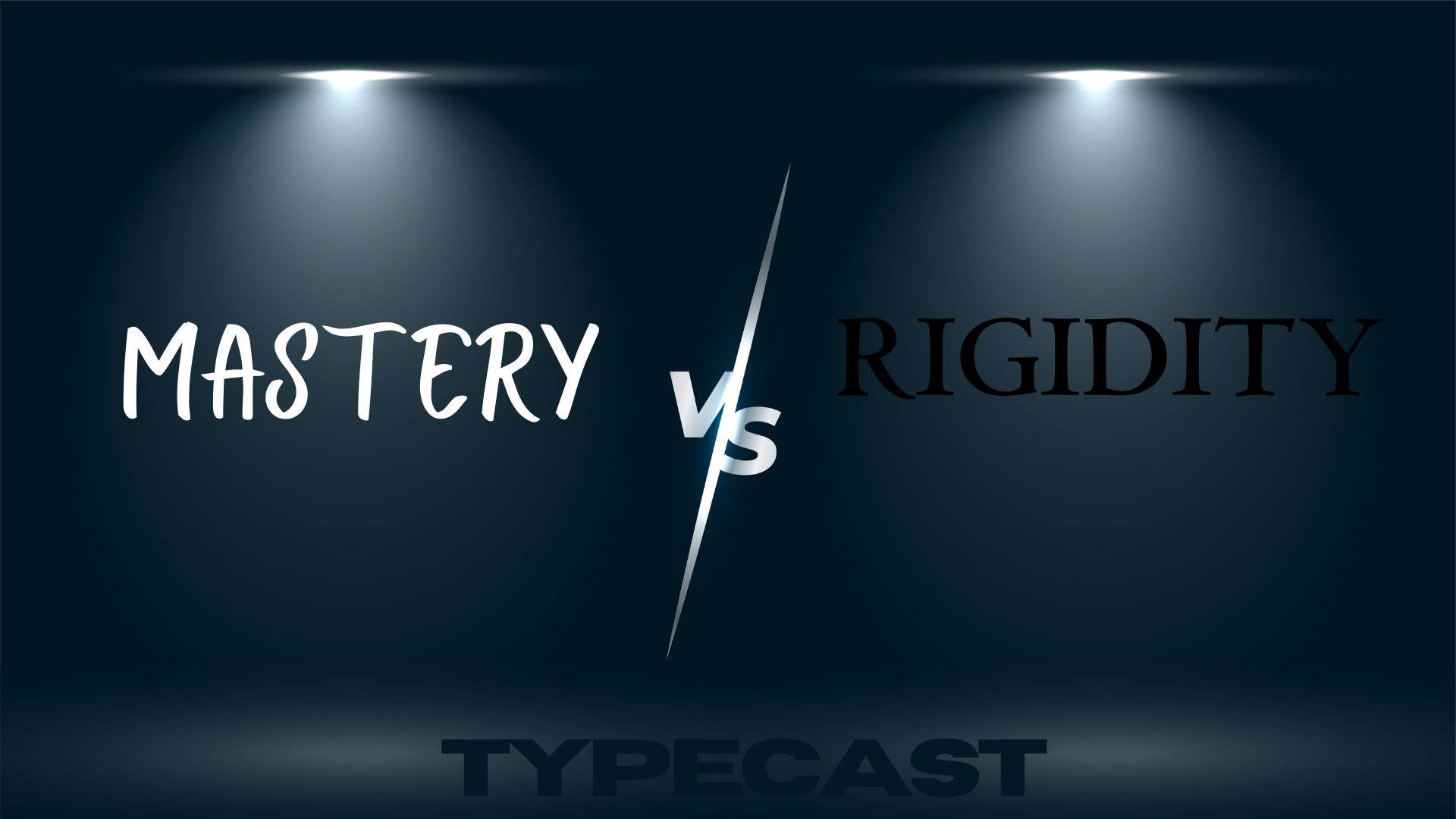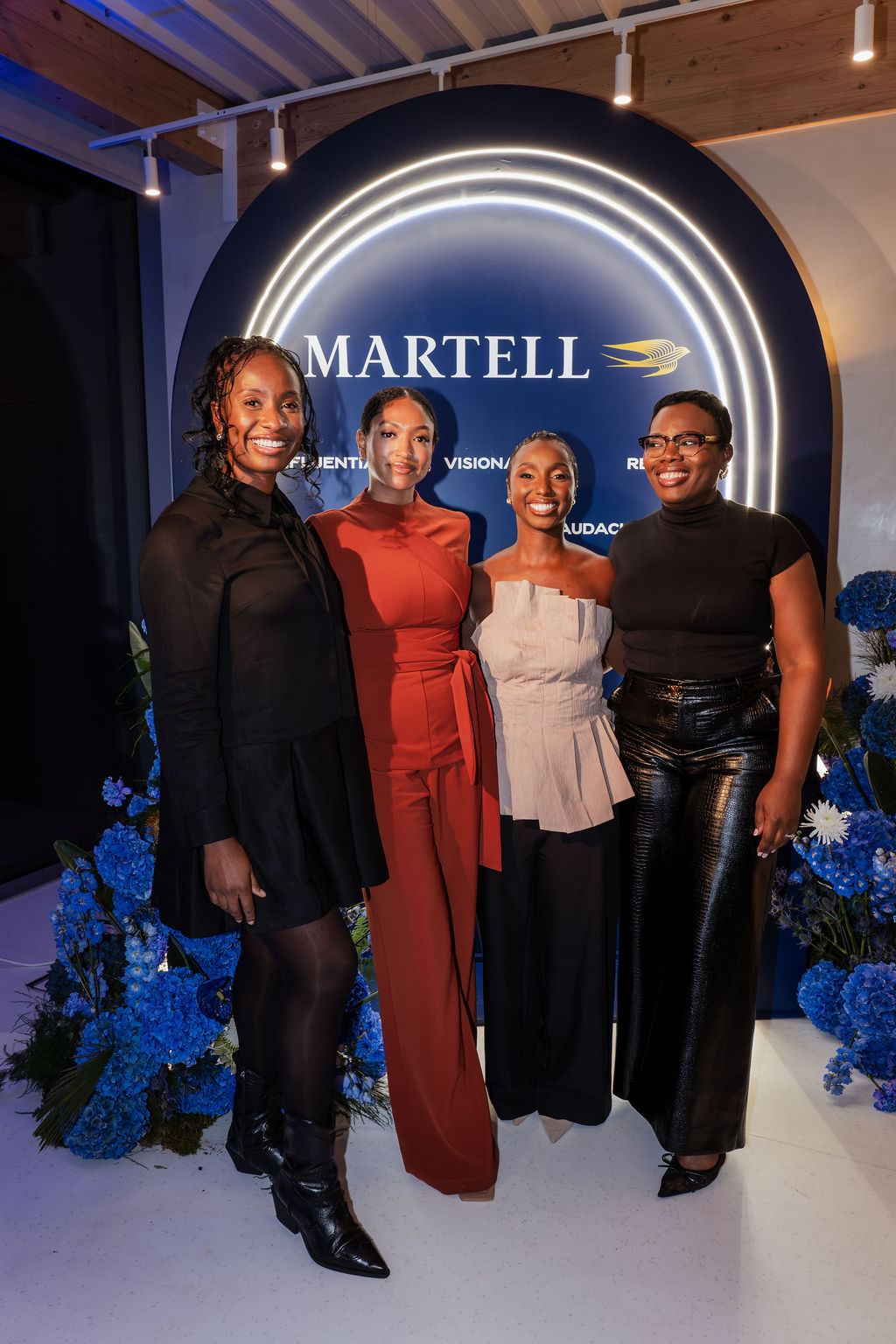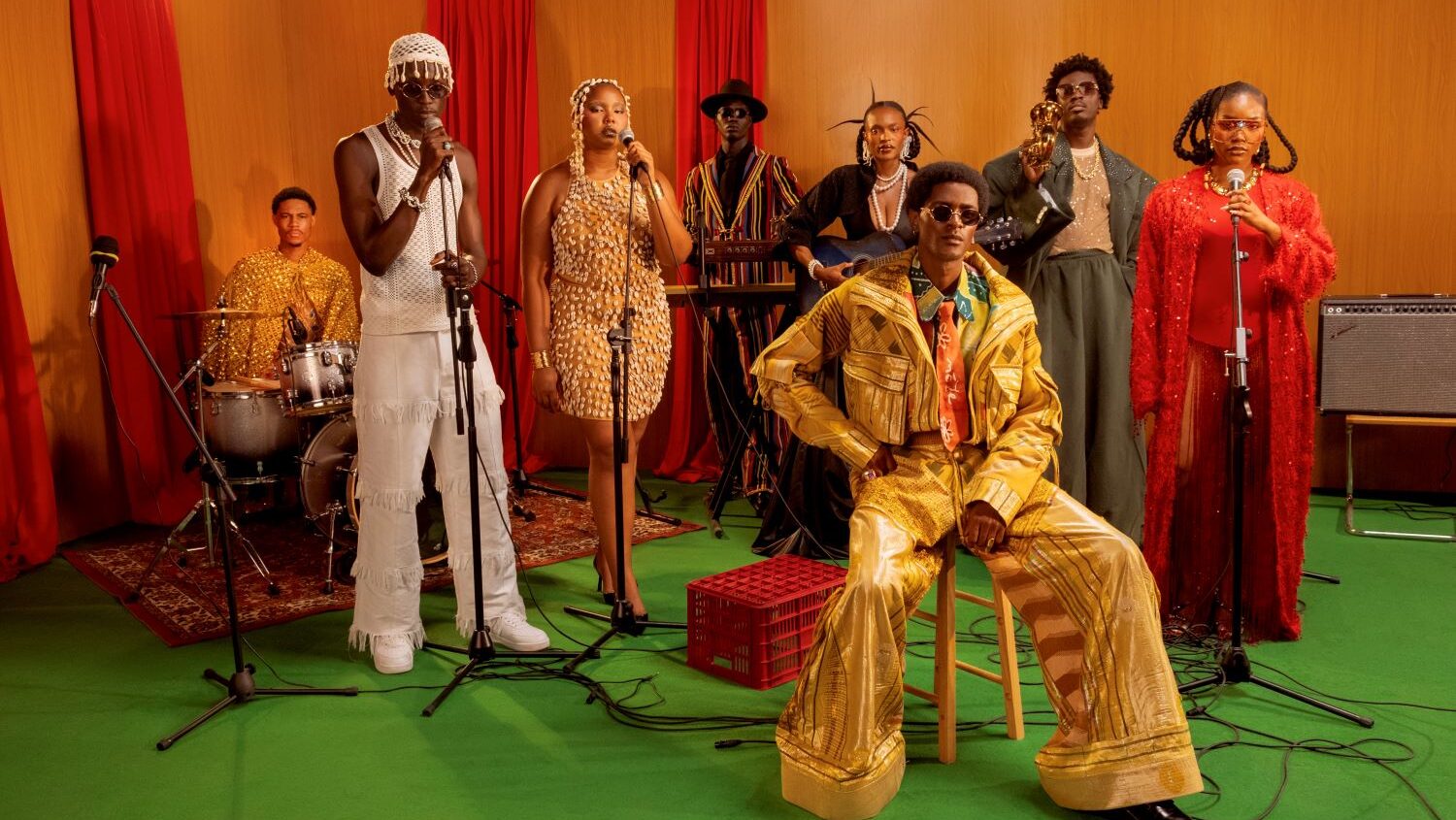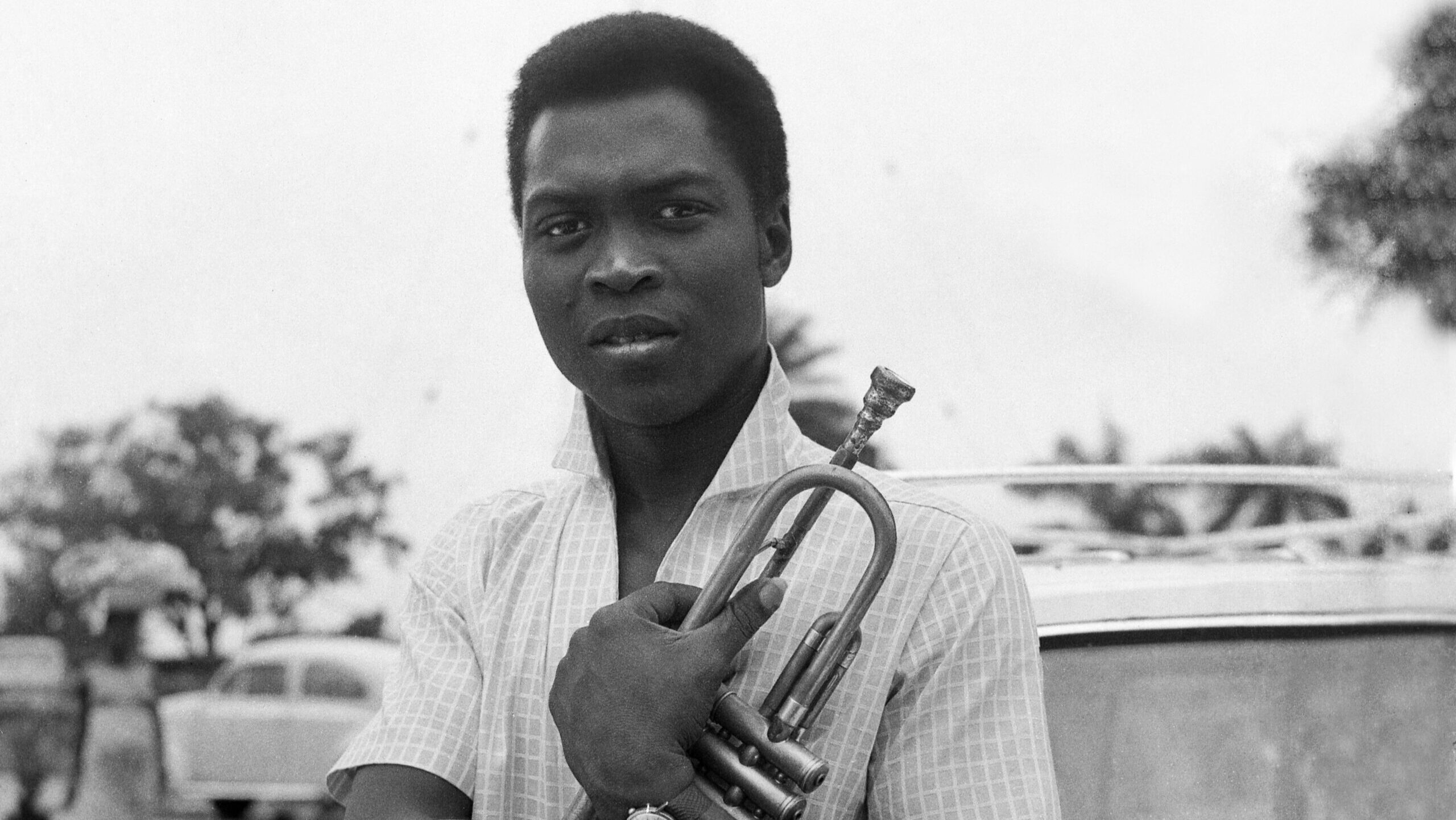In the ever-changing world of filmography, some actors find themselves walking a tightrope as they’ve been stuck in a particular role for most of their performances. They have mastered the role so well that when another actor plays it, opinions like, “She would have killed it better” or “This role would suit her”, will fly around. Hence the term “typecasting” in Nollywood.
In the film industry, being locked into a certain role can be a boon or a bane, but most people view it negatively. Defined as when an actor or actress is known to play a particular role, the term typecasting is now synonymous with a lack of versatility.
For me, having a particular role stuck to you as an actress or actor doesn’t seem like a lack of versatility; I would even categorize it as mastery of the role. But here is the catch: for it to be seen as mastery of some sort, I guess you must have played a different role and still killed it. It can only be termed “rigidity” if, as an actor, you don’t have a spectacular performance outside of what you are known for. It makes sense, right?
Mastery Vs Rigidity
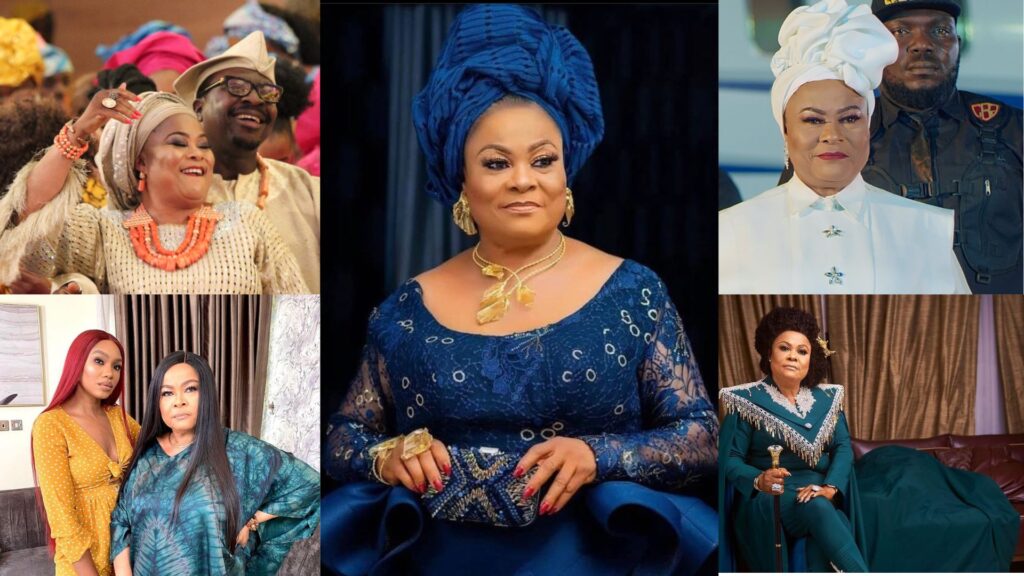
Let’s explore the delicate balance between mastery and rigidity, shedding light on the thin line that separates the two, using an example. Many people perceive Sola Sobowale as being stuck in the role of a controlling mother or mother-in-law. After a long hiatus, she returned to Nollywood in that capacity with the film Wedding Party, where she played a troublesome mother to the bride.
Unknown to us, she and Kemi Adetiba had something cooking, and when it was done, the masterpiece, King of Boys, made people see her in a different light. I mean, that’s what you might call a “jack of different roles, master of one.” Despite acting in K.O.B., she has been subsequently cast as a troublesome mother or mother-in-law, just like her role in the series, The Men’s Club. But seeing her ability to excel in other diverse roles demonstrates that typecasting, for her, is a mark of mastery and not rigidity.
Often, actors bear the brunt of typecasting in Nollywood, but it shouldn’t be solely their burden. The issue often lies with the casting director or the preferences of the producer. Imagine you had an unlimited budget to direct a Nollywood movie and needed to cast a ritualist in the movie. Who comes to mind? Yeah, I’m pretty sure we’re all thinking the same thing.
It’s likely the same process for casting directors. They envision a role and immediately have someone in mind. When the film is finally complete and receives praise like “the cast was perfect” or “nobody else could have nailed this role,” everyone celebrates. At this stage, nobody sees it as an issue; they see it as a job well done, with actors delivering their best. Why, then, don’t we see it as mastery?
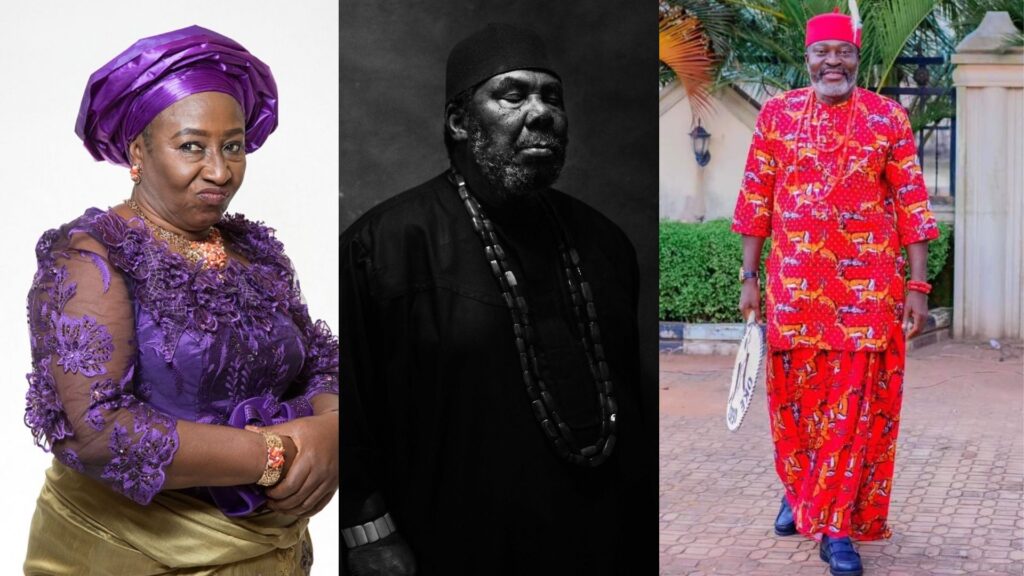
Well, the answer is simple. Given that actors are viewed as creatives, it isn’t out of place for audiences to demand more versatility from them. Anything short of that makes them seem lacking. In the defense of the actors, some of them have actually ventured outside their comfort zones, but these projects don’t always leave a lasting impact. Patience Ozokwor acted in the comedy movie “Mama G in America,” but then again, does it change anything?
The old cats are the ones that actually suffer from typecasting in Nollywood, mostly because some of us were too young to experience their versatility across various roles. Instead, we’ve been exposed primarily to their typecast roles, shaping our perception of them. The likes of Patience Ozokwor, Kanayo Kanayo, and Pete Edochie fall into this category.
Types and levels of typecasting

SOURCE: IMDB
There are two types of typecast actors. Firstly, there are those who have showcased versatility in other roles but remain stuck in a particular archetype. Secondly, there are those who have never stepped outside their comfort zones. For me, this is where the issue of lack of range might come in. No shade but if rice can have range, so can you. It’s expected that every actor should strive to break out of their comfort zone at least once in their careers. At least give your fans something different.
Just like there are different types of typecast actors, there are different levels to it. For the old cats, it may be a little too late, but the new cats still have time to change the narratives surrounding their careers. One minute, everybody loves you for playing an agbero in a movie; you take a couple of roles in that line; the next minute, directors and viewers see you only in that light, even to the extent that they see you as an agbero in reality. As a fan of Beverly Naya, I’m well aware of the stereotype surrounding her as a mean girl in movies. But I can always defend her by pointing to her role in the movie “In Sickness and Health”, to show my girl’s range. It offered a different feel from her typical roles.
At least, if your fans are trying to defend you, give them something to support you with.
Pros and Cons of Typecasting
While I’ve defended typecasting in Nollywood as ‘mastery,’ it’s important to acknowledge that the cons often outweigh the pros. The pros are consistency in performance, the establishment of a recognizable brand, and increased opportunities for specific types of roles. I mean, it is nice that when a script falls into the hands of a casting director, the first thought for a certain role is you.
However, these benefits come with drawbacks, including limited range and versatility, the risk of being pigeonholed, and challenges in breaking out of stereotypes. It is just like being in a box and being unable to leave. Sooner or later, when you want to try out a different role, it makes you, as an actor, look out of place. It is almost like seeing a pope in a bar.
My concluding take on typecasting in Nollywood is that being typecast doesn’t always mean lacking versatility. It’s a function of different things, like the roles available, what actors are offered, and so on. For directors and producers, typecasting may serve the purpose of efficiently communicating characters to an audience that easily connects with familiar faces. For the actors, it’s a balance between convenience and the roles they’re offered. At the end of the day, na versatility go pay bills?
